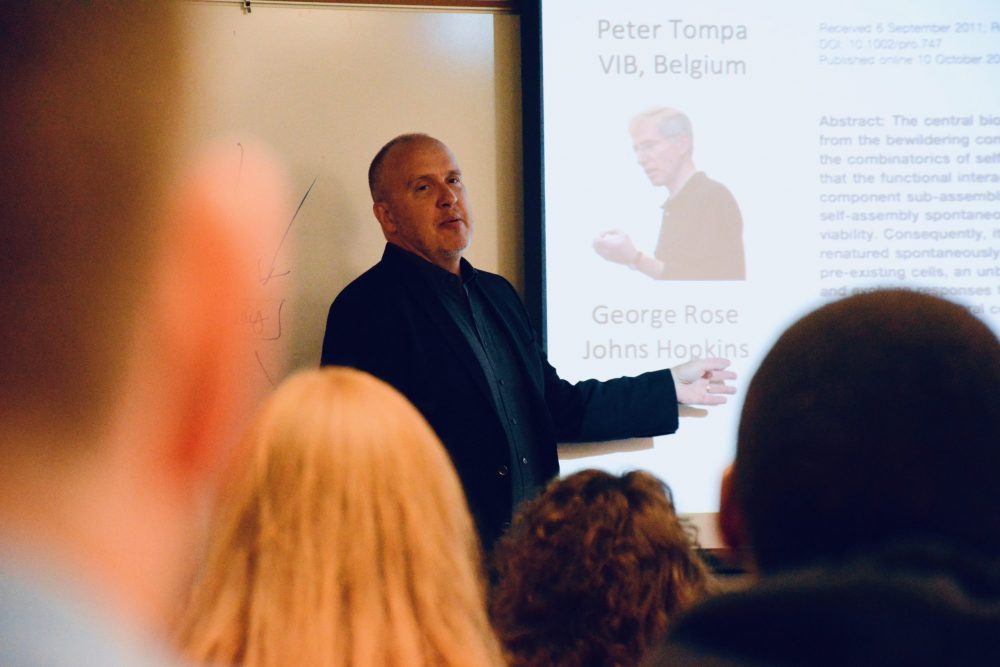
Robert Crowther holds a BA in Journalism with an emphasis in public affairs and 20 years experience as a journalist, publisher, and brand marketing and media relations specialist. From 1994-2000 he was the Director of Public and Media Relations for Discovery Institute overseeing most aspects of communications for each of the Institute's major programs. In addition to handling public and media relations he managed the Institute's first three books to press, Justice Matters by Roberta Katz, Speaking of George Gilder edited by Frank Gregorsky, and The End of Money by Richard Rahn.
In 2000 he took a position as a brand strategist at Parker LePla in Seattle and helped manage marketing and brand communications for a number of non-profit organizations and corporations including Seattle Children's Home, Wild Tangent, Group Health, Bastyr University, and IDX Technologies.
In 2003 Crowther returned to Discovery Institute to take over as Director of Communications for the Center for Science & Culture. He oversees public and social media relations for the Institute's work on the debate over evolution.
In addition to researching and writing on the debate over evolution, Crowther has written on generational studies and was co-founder, and senior fellow, of the Generational Inquiry Group, a virtual think-tank conducting and disseminating research on political and cultural issues from a generational perspective.
His writing on a number of issues has been published in The Seattle Times, Seattle Post-Intelligencer, The New York Times, Wolrdnetdaily.com, San Angelo Standard Times, Tacoma News Tribune, Whistleblower Magazine, LTM Newsletter, City Magazine, Insight Out, Cityheat, Business Unusual, and Computer Wave. He also twice successfully published his own magazine the first focusing on the intersection of music and culture, and later one looking at technology and culture.
Archives


Paul Nelson on the 2020 Summer Seminars on Intelligent Design
Dissent from Darwin List Tops 1000 — Scientists Weigh In

Scott Turner on Purpose in Nature, Part 2
Scott Turner on Purpose in Nature, Part 1
Billions of Missing Links: The Cockroach

Human Brain Development as a Symphony

Beyond the Evidence: Scientism as Religion

New Documentary Explores C.S. Lewis’ Views on Intelligent Design

Intelligent Designs in Nature Make Engineers Envious
